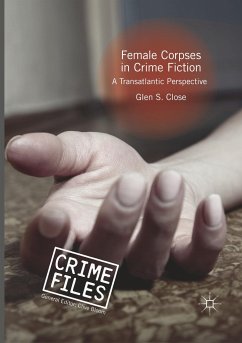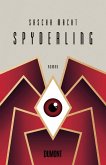This book examines the central significance of sexualized female corpses in modern and contemporary Hispanic and Anglophone crime fiction. Beginning with the foundational detective fictions of the nineteenth century, it draws from diverse subgenres to describe a transatlantic tradition of necropornography characterized by lascivious interest in female cadavers, dissection, morgues, femicide, and snuff movies. Hard-boiled and police procedural classics from the U.S. and the U.K. are juxtaposed with texts by established Spanish and Spanish American genre masters and with obscure works that prefigure the contemporary transmedial boom in corpse-centered fictions. The rhetoric and aesthetics of necropornographic crime fiction are related to those of popular crime journalism and forensic-science television dramas. This study argues that crime fiction has long fixated disproportionately on the corpses of beautiful young white women and continues to treat their deaths and autopsies as occasions for male visual pleasure, male subjective self-affirmation and male homosocial bonding.
Bitte wählen Sie Ihr Anliegen aus.
Rechnungen
Retourenschein anfordern
Bestellstatus
Storno








